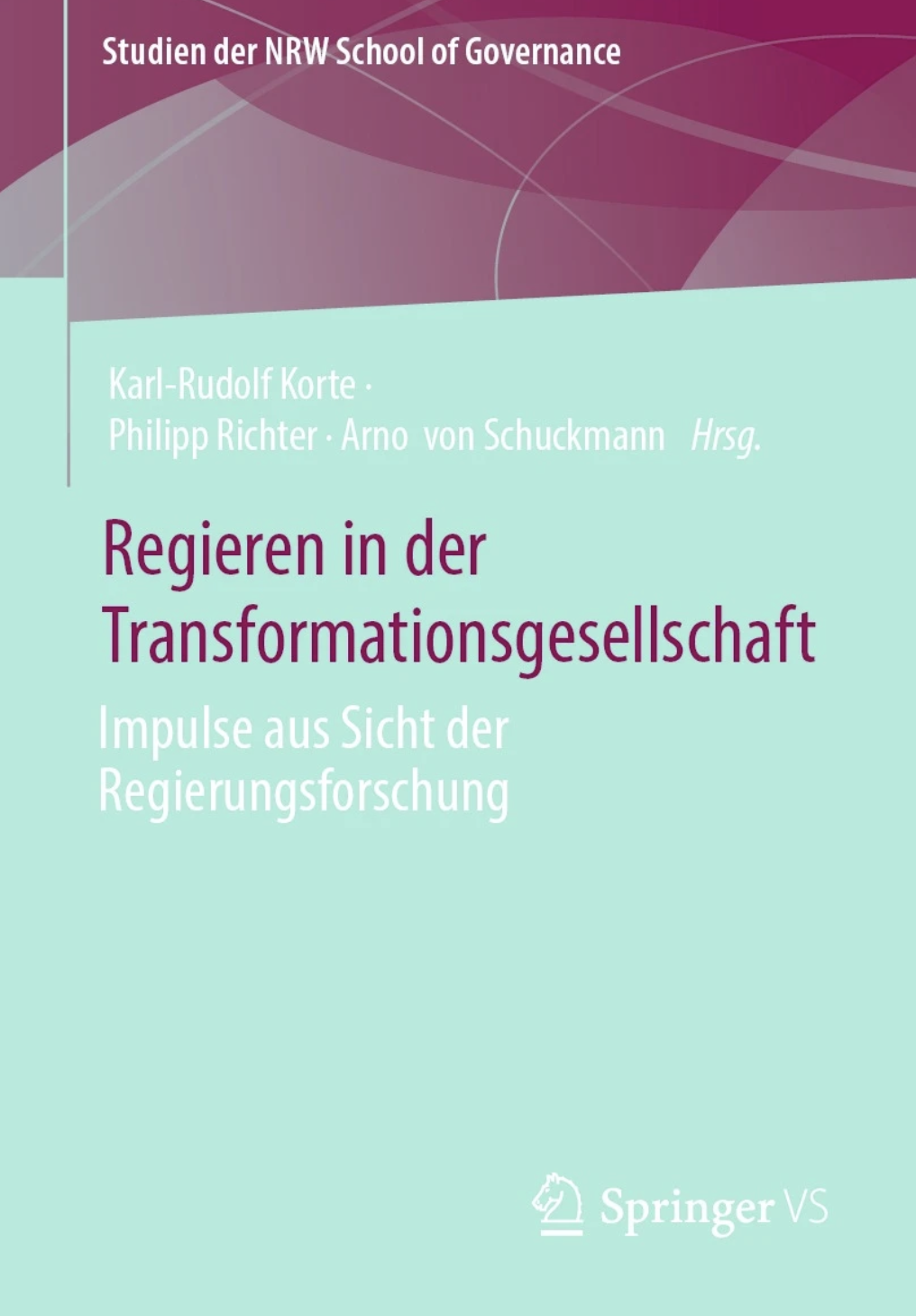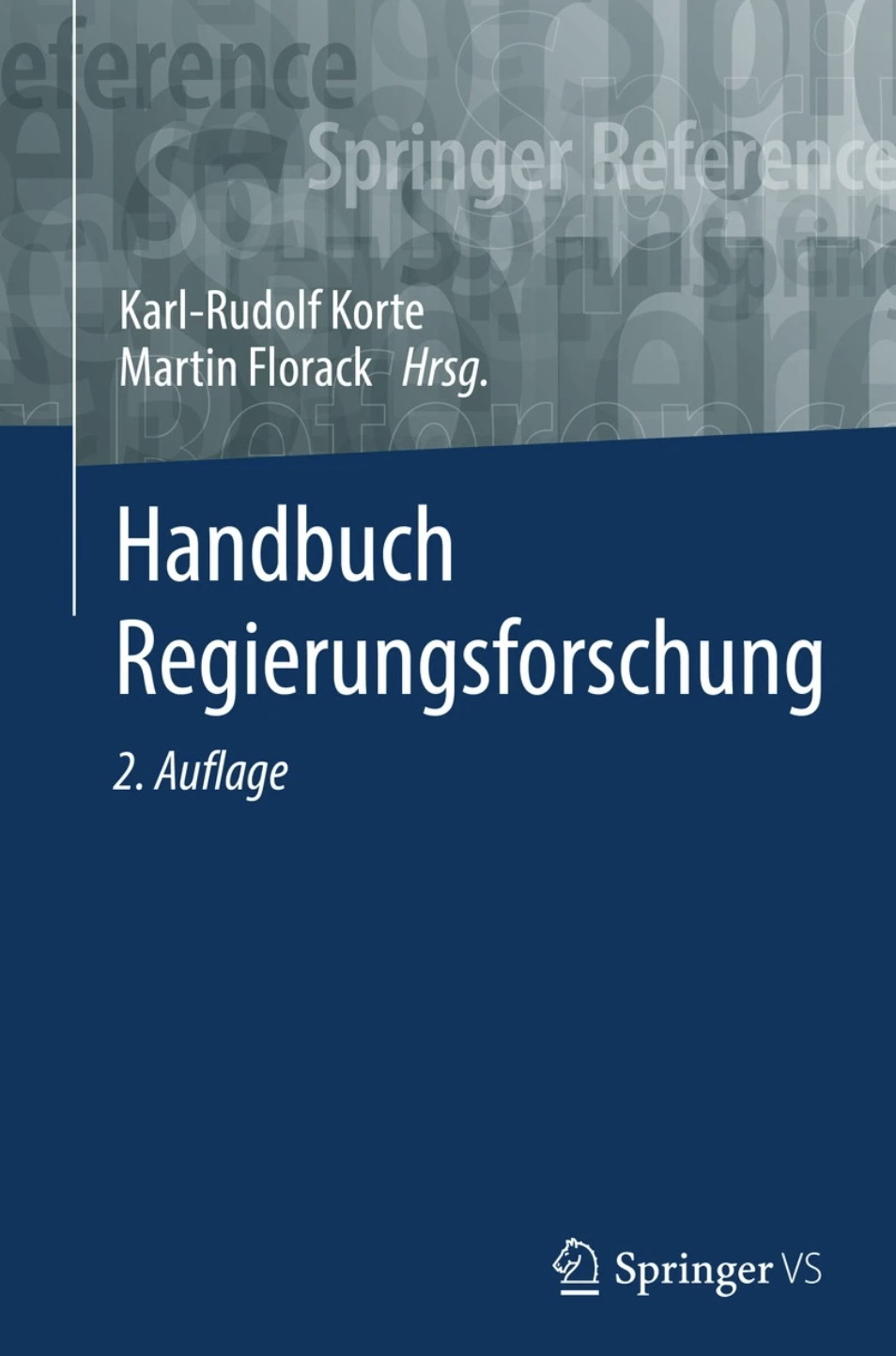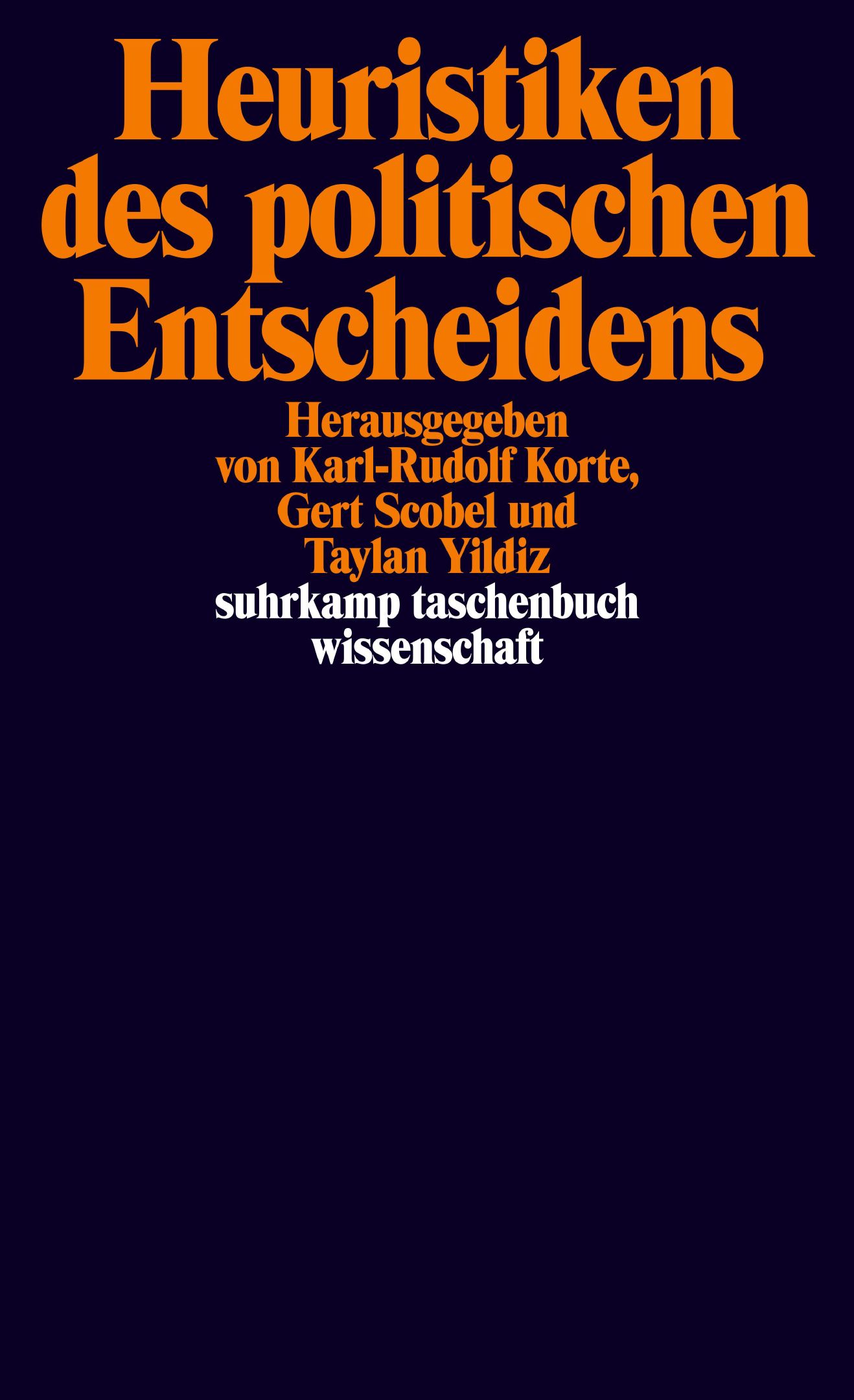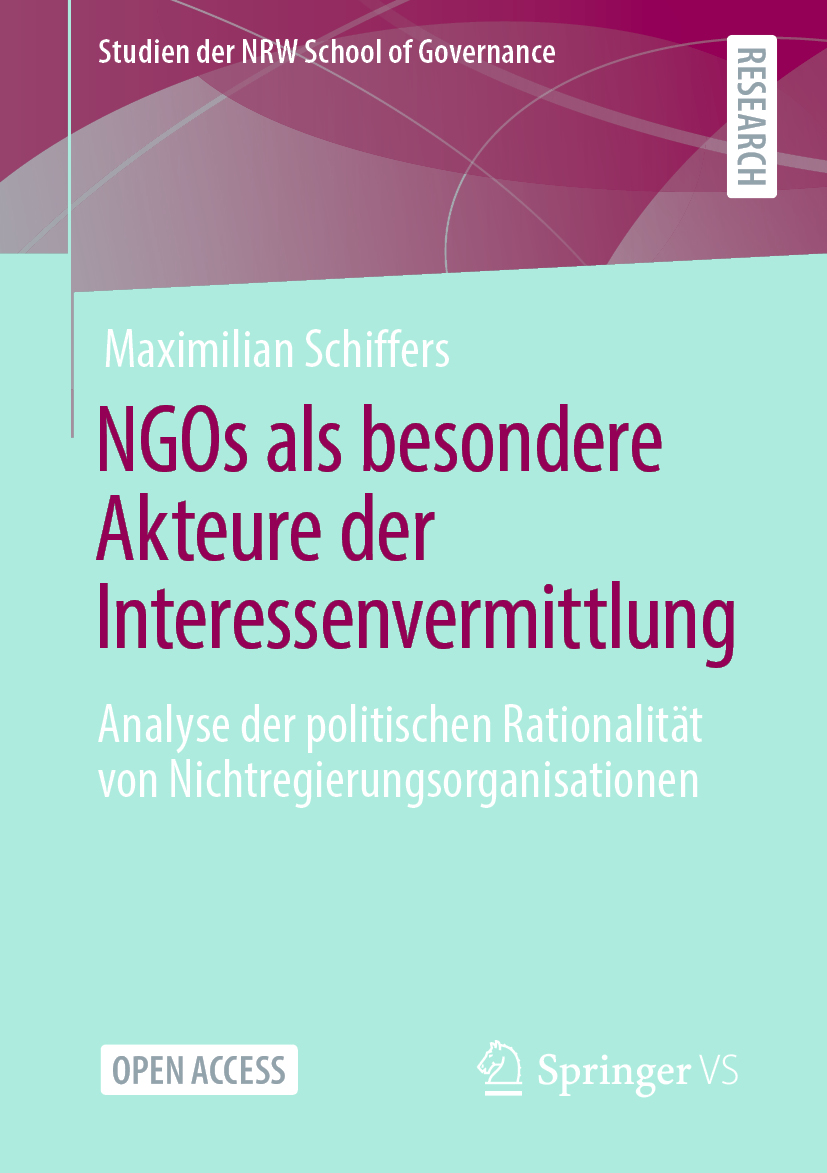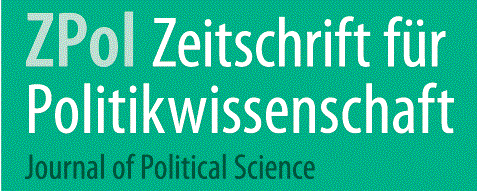Veranstaltungshinweis: Virtueller Workshop vom 25.05.2021 bis zum 28.05.2021 zum Thema “New Parties – New Party Members”. Organisiert von Karina Kosiara-Pedersen (University of Copenhagen) und Kristina Weissenbach (NRW School of Governance). Der Workshop findet ausschließlich in englischer Sprache statt.
New Parties – New Party Members
The centrality of political parties in representative democracies stems from their role as entities that nominate candidates for public elections and is what distinguishes them from other political organizations, such as interest groups or movements. Particularly since the ‘heyday’ of mass parties in the 1950s and 1960s, strong normative claims that political parties should be membership organizations have prevailed. This has shaped the character of party organization research, which has traditionally focused on political parties as membership organizations.
Party membership figures are in general in decline (see e.g. van Haute et al. 2018), and both new and established parties are blurring the distinction between members and other supporters, mobilizing and granting the latter rights and duties within the party (Katz and Mair 1995; Gauja 2015; Scarrow 2015) and, at the same time, diminishing classic membership rights and routinized organizational behavior of the party base (Lefkofridi and Weissenbach 2019; Weissenbach 2020). In particular, digital technology enables a reshaping of membership/affiliate relations. Internet-based technology and online organizing has become increasingly ubiquitous, several new parties have been established including new forms of participation, flexible and project-based membership or other ways of supporting, and established parties at least operate various organizational membership functions on digital platforms (Karpf 2012; Bennett and Segerberg 2013; Margetts et al. 2015; Gibson and Ward 2009; Chadwick 2007; Karpf 2016; Achury et al. 2018; Gibson et al. 2017; Weissenbach and Beyer 2020). Nevertheless, party scholars have skeptical assessments of how meaningful these outreach strategies really are for party elites, party members and voters or even for parties as an organization (Chadwick and Stromer-Galley, 2016; Gauja, 2016; Gibson et al. 2017).
This workshop invites papers that investigate how new and established political parties, in light of declining membership figures and the transferal of rights and obligations to new forms of affiliation, provide a participatory linkage between the electorate and the elected beyond Election Day. How are parties mobilizing their supporters, engaging them in policy development and recruitment of candidates for public offices? (How) do these new forms of party membership affect the institutionalization of political parties? (How) do new forms of membership change internal party decision making processes and the relationship between party elite and party base?
We welcome diversity in the approaches and data presented in the papers. We welcome contributions based on all sorts of methodologies, including quantitative studies based on databases, surveys, social media data as well as qualitative studies based on interviews, documents, ethnographic methods. We welcome papers covering from a single party in a single country, to several parties/countries, comparisons over time or across countries or parties. The workshop seeks to bring together scholars covering the whole range from graduate students to full professors, and we aim at interdisciplinarity by addressing political scientists, political sociologists and other social scientists studying within the field. The workshop chairs aim for including the best workshop papers in an edited book.
Please submit your proposal (500 words) until February 8th, 2021 through the ECPR Joint Sessions website.


